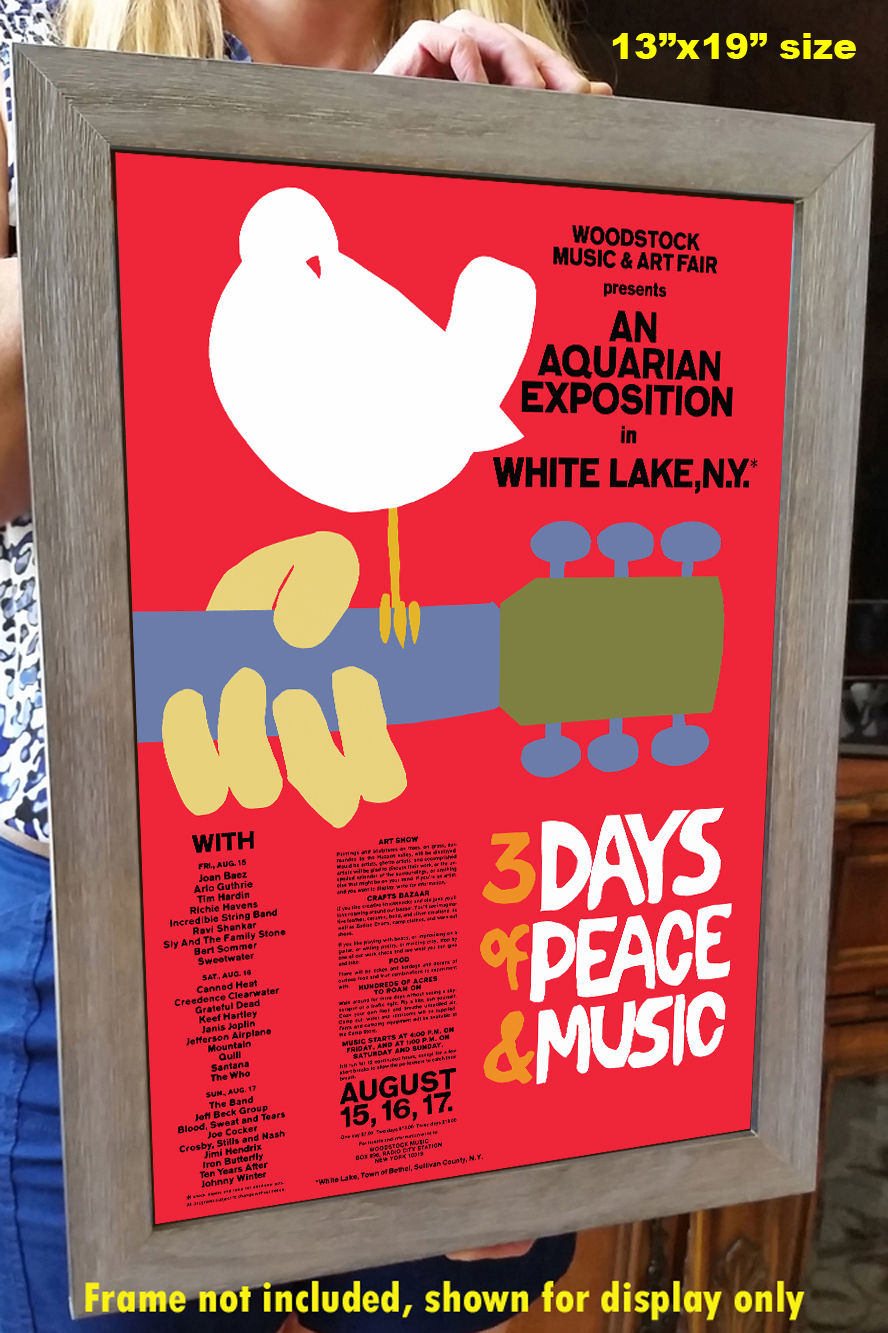This beautiful reproduction poster has been re-mastered from an original circa 1940 advertisement for Cunard Lines’ famous Queen Mary and Queen Elizabeth ocean liner’s service from Europe to America.
The vibrant colors and detail of this classic image have been painstakingly brought back to life to preserve a great piece of history.
The high-resolution image is printed on heavy archival photo paper, on a large-format, professional giclée process printer. The poster is shipped in a rigid cardboard tube, and is ready for framing.
The 13"x19" format is an excellent image size that looks great as a stand-alone piece of art, or as a grouped visual statement. These posters require no cutting, trimming, or custom framing, and a wide variety of 13"x19" frames are readily available at your local craft or hobby retailer, and online.
A great vintage print for your home, shop, or business!
HISTORY OF CUNARD LINES
Cunard Line is a British-American cruise line based at Carnival House at Southampton, England, operated by Carnival UK and owned by Carnival Corporation & plc. Since 2011, Cunard and its three ships have been registered in Hamilton, Bermuda.
In 1839 Samuel Cunard, a Halifax, Nova Scotia shipowner, was awarded the first British transatlantic steamship mail contract, and the next year formed the British and North American Royal Mail Steam-Packet Company together with Robert Napier, the famous Scottish steamship engine designer and builder, to operate the line's four pioneer paddle steamers on the Liverpool–Halifax–Boston route. For most of the next 30 years, Cunard held the Blue Riband (award) for the fastest Atlantic voyage. However, in the 1870s Cunard fell behind its rivals, the White Star Line and the Inman Line. To meet this competition, in 1879 the firm was reorganized as the Cunard Steamship Company, Ltd, to raise capital.
In 1902 White Star joined the American-owned International Mercantile Marine Co. and the British Government provided Cunard with substantial loans and a subsidy to build two superliners needed to retain its competitive position. Mauretania held the Blue Riband from 1909 to 1929. The sinking of her running mate Lusitania in 1915 was one of the causes of the United States' entering the First World War. In the late 1920s, Cunard faced new competition when the Germans, Italians and French built large prestige liners. Cunard was forced to suspend construction on its own new superliner because of the Great Depression. In 1934 the British Government offered Cunard loans to finish Queen Mary and to build a second ship, Queen Elizabeth, on the condition that Cunard merged with the then ailing White Star line to form Cunard-White Star Ltd. Cunard owned two-thirds of the new company. Cunard purchased White Star's share in 1947; the name reverted to the Cunard Line in 1950.
Upon the end of the Second World War, Cunard regained its position as the largest Atlantic passenger line. By the mid-1950s, it operated 12 ships to the United States and Canada. After 1958, transatlantic passenger ships became increasingly unprofitable because of the introduction of jet airliners. Cunard withdrew from its year-round service in 1968 to concentrate on cruising and summer transatlantic voyages for vacationers. The Queens were replaced by Queen Elizabeth 2 (QE2), which was designed for the dual role.
In 1998 Cunard was acquired by the Carnival Corporation, and accounted for 8.7% of that company's revenue in 2012. In 2004, QE2 was replaced on the transatlantic runs by Queen Mary 2 (QM2). The line also operates Queen Victoria (QV) and Queen Elizabeth (QE). At the moment, Cunard is the only shipping company to operate a scheduled passenger service between Europe and North America.
top of page
$19.95Price
These are simply the best posters available! You will be thrilled with the image quality, vivid colors, fine paper, and unique subjects.
Our posters are sized for standard off-the-shelf frames, with no custom framing required, providing huge cost savings!
Related Products
bottom of page

































